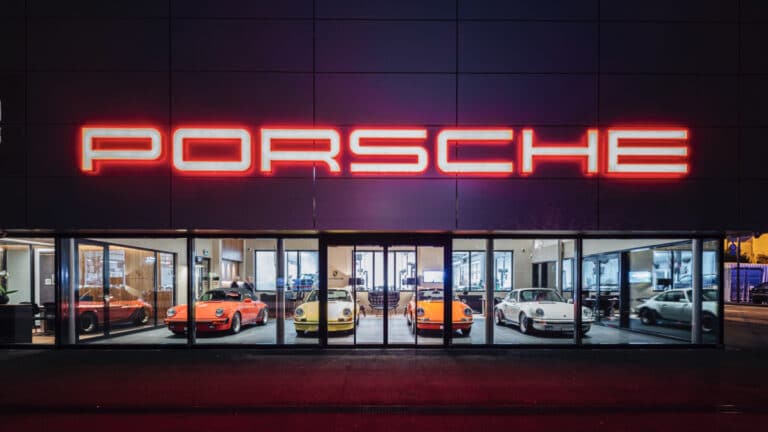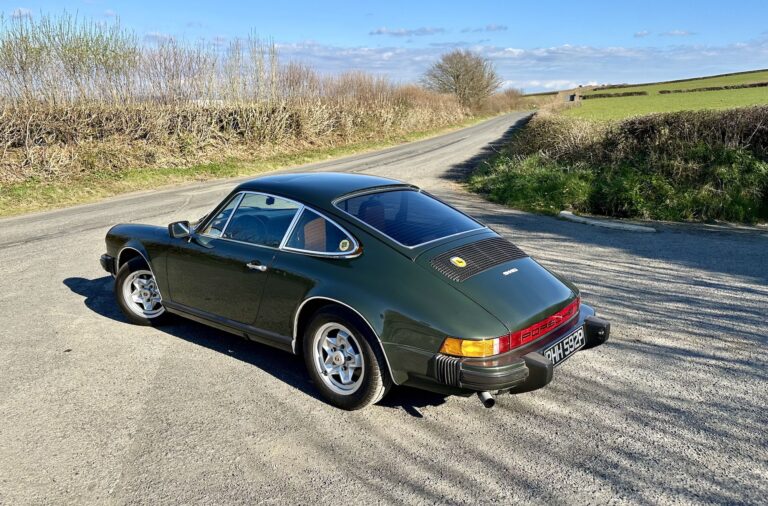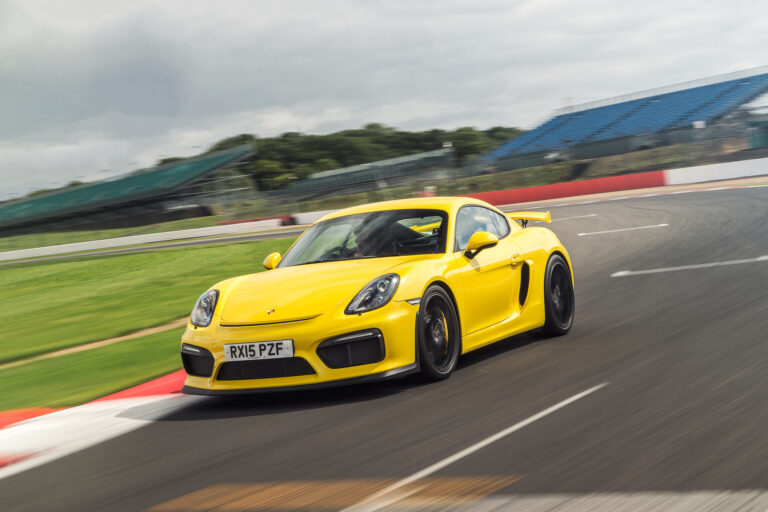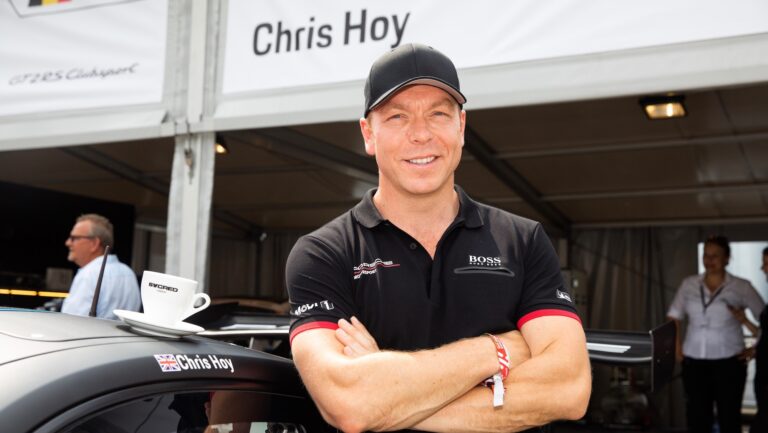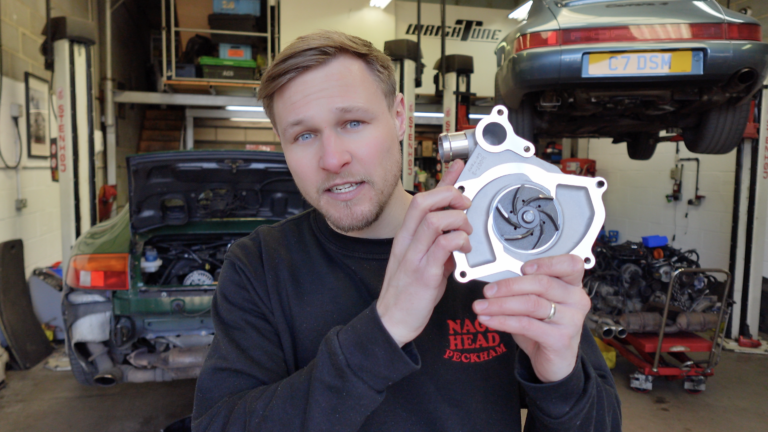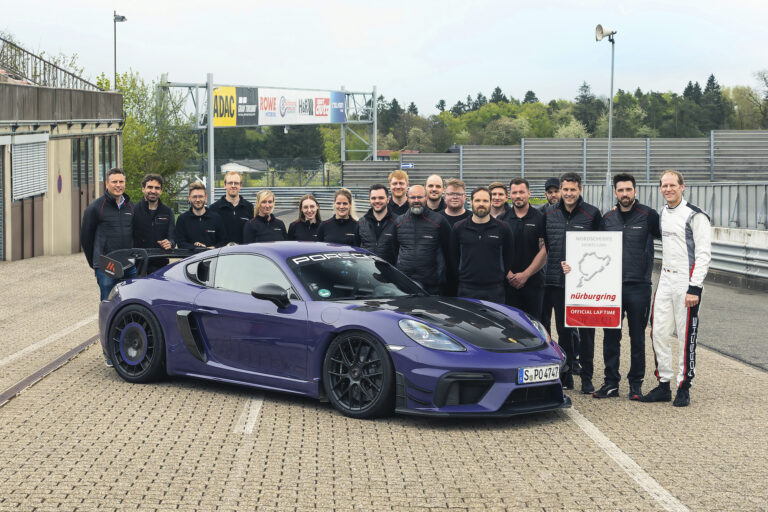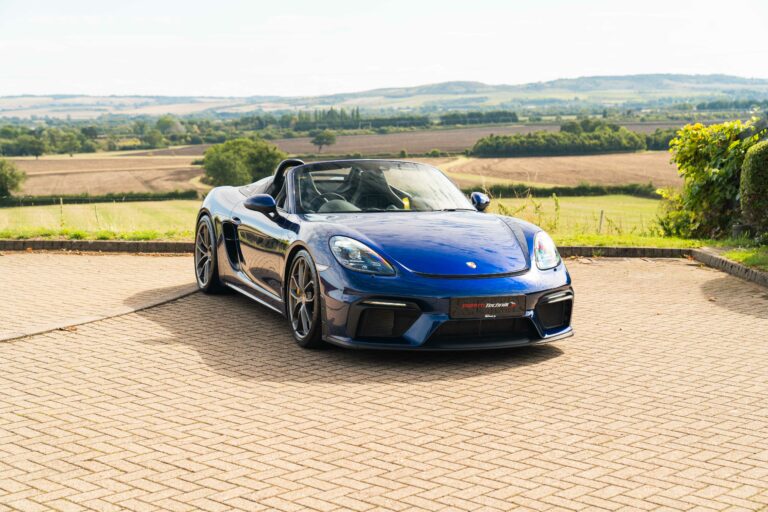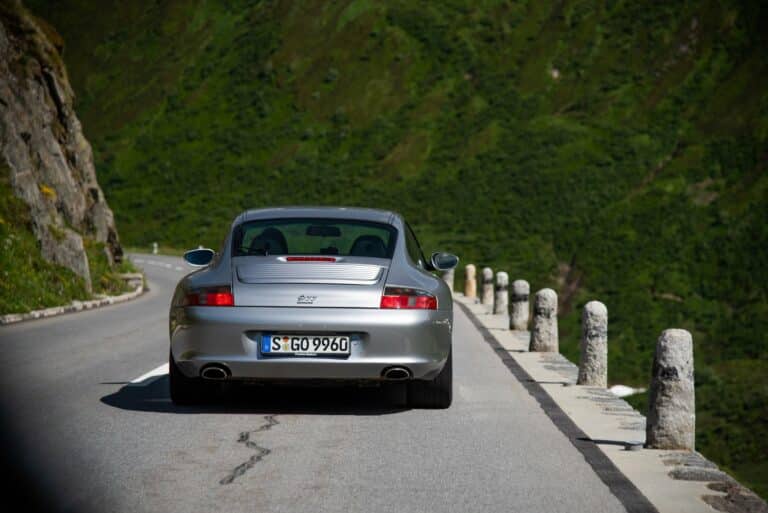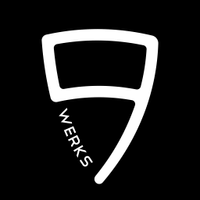 By Lee Sibley
4 years ago
By Lee Sibley
4 years ago
Porsche and E10 fuel: all you need to know
There's a new grade of fuel in town: E10. What is it, and what does it mean for your Porsche?
A new grade of petrol was introduced in the UK earlier this month as the standard grade, called E10. The name comes from the amount of an additive used, blended into the fuel. That additive is bio-ethanol, and the idea is it reduces emissions.
Because the ethanol is derived from crops like maize and wheat, the crop absorbs CO2 as it grows, then produces less CO2 when burnt compared to petrol. We’ve had E5 (5% bio-ethanol) for a few years, but increasing the blend amount gives a further reduction in emissions. Less CO2 all round helps meet emission targets, equivalent to removing vehicles from the road. Good news, right? Not entirely.
In fact there’s bad news, and lots of it. Ethanol is a solvent, and that can damage some materials used in fuel systems. Department for Transport tests found it can damage some rubber, plastic, fibreglass, solder, aluminium – all materials common to fuel systems. The list is long, depressing, and troubling for the enthusiast.
Categories
On top of this, ethanol is hydroscopic, meaning it absorbs water. If it absorbs enough water, say from fuel tank condensation when you store your Porsche, then Phase Separation is possible, where water separates from the fuel.
Porsche itself states that only vehicles made from Model Year 1996, “specially the 986 Boxster and 996 Carrera onwards”, can use E10. They advise owners of affected cars, in other words all air-cooled 911 models, plus the 356, 912 and transaxle cars, to use only Super Unleaded (98RON) E5, with a maximum bio-ethanol content of 5%.
That fuel, E5, is now deemed a ‘protection grade’ fuel. Paragon’s Service Manager, Pete Twyman, echoes this. “E10 fuel will go off, ‘varnish’ much faster, which will cause problems with older, more complex injection systems and carburettors” he says. “Everyone should carry on using super unleaded, which remains E5”.
There may be a solution around the issue in the future but, for now, the safest option for affected Porsche vehicles is simply to use E5 fuel.
